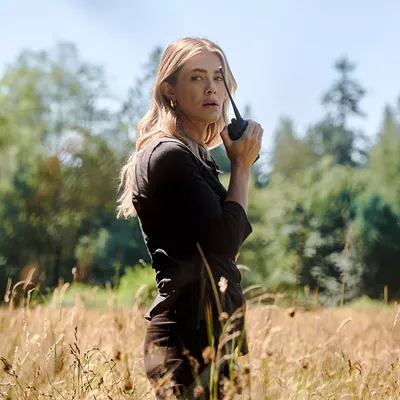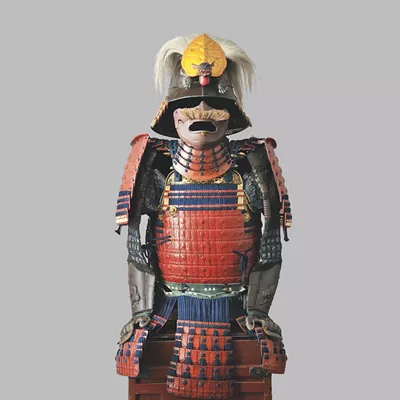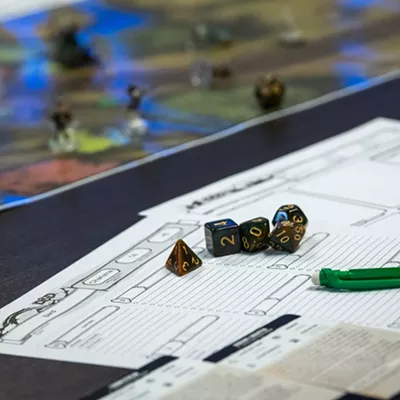In the Romani language of the gypsies, varekai means "wherever."
This weekend, wherever is the Spokane Arena, when Cirque du Soleil's Varekai arrives for seven performances.
Members of Varekai's internationally diverse, 50-person acrobatic cast coming to Spokane includes many renowned athletes and performers — a six-time world baton twirling champion from Japan (Arisa Tanaka), and a duo of Ukrainian acrobatic gymnasts (Kateryna Sytnikova and Anastasiya Melnychenko) who've won two world titles.
But chances are we wouldn't recognize these women on the street, nor be able to pick them out on stage by skill alone.
Most of the Montreal-based troupe's performers either competed at the elite level in their respective disciplines, grew up in the circus or went to circus school, says Vanessa Napoli, the show's publicist. In part thanks to Cirque's international prominence, finding daring, strong and dexterous acrobats and dancers has become much easier now, Napoli notes.
"Twenty years ago it was rare, and part of that was because circus was taboo in that time," she says. "I find Cirque has changed that, and the way people view it. The circus nowadays doesn't mean animal cruelty. Now it's just these talented individuals who took a passion and went with it."
Differing from the dozens of Cirque productions performed around the world since the troupe's rise to prominence in the 1990s and early 2000s, the different acts of Varekai are more linear in plot. Most of Cirque's other shows usually don't follow a distinct story line, but rather embody an overall theme or a loose message to be interpreted at will.
"The show itself is what we could consider a classic Cirque show... but it's unique because it has a story, told through acrobatic language," Napoli says.
That story is the imagined sequel to the Greek myth of Icarus, a character who attempts to flee his mortal life by taking flight with wings made of feathers and wax. When Icarus flies too close to the sun, the wax melts and he plunges to his doom, drowning in the sea. Varekai imagines that instead of plummeting to his death, Icarus lands in a forest inhabited by magical and mysterious creatures — acrobats who don intricate and brightly colored costumes inspired by the natural world.
"He meets these creatures who show him the way, and these key players give him tough love, guidance, nurturing, and he falls in love," Napoli explains. "It's a story about picking yourself up after a fall, which is something people can relate to." ♦
Cirque du Soleil: Varekai • Wed, April 29 through Sun, May 3; Wed-Sat at 7:30 pm, Sat at 4 pm, Sun at 1:30 and 5 pm • $35-$95 • Spokane Arena • 720 W. Mallon • spokanearena.com




















